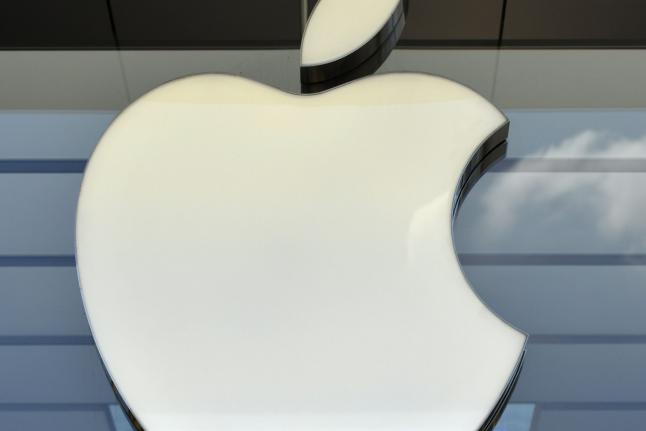Zee News: Apple persuades United States judge to void $533 mn iTunes award
Apple was facing the huge bill after its iTunes software infringed patents held by a company called Smartflash.
Smartflash sued Apple in May 2013, alleging that iTunes software infringed on its patents related to serving data and managing access to data.
District Judge Rodney Gilstrap of the USA District Court for the Eastern District of Texas, Tyler division, ruled Tuesday that the earlier damages were set aside and vacated as the jury at trial may have not been properly instructed.
On February 25, the day after the verdict, Smartflash filed a second lawsuit against Apple, asserting its digital download patents against newer products including the iPhone 6 and 6 Plus, and iPad Air 2.
Apple will not have to cough up the $533m (£347.61m) in damages it was on the hook for after losing a patent infringement battle.
Founded by Patrick Racz, SmartFlash owns seven patents and derives all of its income from settlements or court awards. Apple’s lawyers had argued that jurors were unable to distinguish between patented and unpatented features.
Apple claimed the jury’s damages amount was too high because they were given wrong instructions and miscalculated royalties, according to Reuters. Smartflash was initially aiming for even more, seeking $852 million in damages.
The jury selection for a new trial is set for September 14.
Gilstrap said his jury instructions were legally correct but not applicable to the facts of the case, and “may have created a skewed damages horizon for the jury”. During trial, Smartflash lawyers grilled Apple Senior Director Augustin Farrugia, who met with the Smartflash inventor back in 2000 before he worked at Apple.
Apple declined to comment on Gilstrap’s decision, but said the case showed why Congress should try to curb litigation by Smartflash and similar companies whose business models depend in part on lawsuits to enforce their patents. Since Apple plans to continue fighting this case, any damages Smartflash could potentially get will be tied up in the court system for some time.








